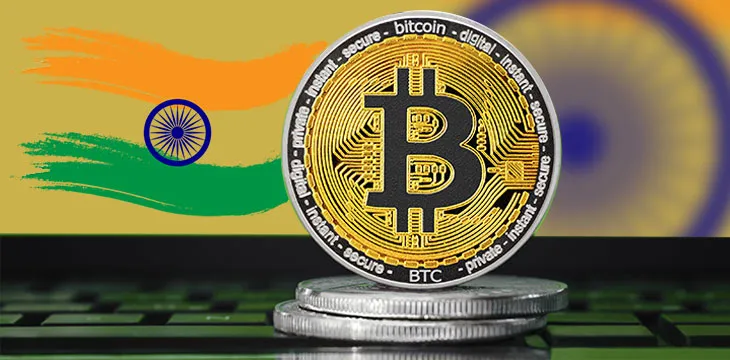|
Getting your Trinity Audio player ready...
|
It’s one thing to change an idea based on new facts or evidence. It’s something completely different to flip-flop back and forth when the facts have remained the same the entire time. However, that’s exactly what seems to be occurring in India. After stating in November that there was a possibility that all private cryptocurrencies, including Bitcoin Core (BTC) and Bitcoin BCH, could be banned, the country is reportedly going to introduce a draft of crypto regulations as early as this December.
A report by Quartz released yesterday asserts that India’s finance ministry had given a task group the responsibility of creating regulatory norms and policies for crypto trading, as well as for blockchain technology. That group is expected to present its report next month.
The possibility of the draft first appeared in a statement issued by the country’s government related to a Supreme Court case that is pitting cryptocurrency exchanges against the Reserve Bank of India (RBI) and its banking ban. The statement reads, in part, “[S]erious efforts are going on for preparation of the draft report and the draft bill on virtual currencies, use of distributed ledger technology in (the) financial system and framework for digital currency in India.”
Once the draft is ready, it will be distributed to members of the finance ministry. From there, a ministry committee will discuss the draft to determine how to proceed. It’s not yet known what the draft may contain, but India’s Secretary of the Department of Economic Affairs and chair of the committee, Subash Chandra Garg, has said that the committee has “moved quite a lot” in drafting regulations. That progress comes despite the committee routinely missing deadlines on the draft.
Whether or not this will be a good thing for the crypto industry in India or not remains to be seen. The country has seemingly been more anti-crypto than pro recently, taking several actions that seemed not only to suppress the space, but could also be considered illegal – at the very least, draconian.
Last month, police seized the first crypto ATM, which had been installed by the founders of the Unocoin exchange. The founders were also arrested in conjunction with the seizure. The excuse given was that the ATM violates current fiat laws. However, the teller only allowed users to conduct crypto-to-crypto transactions, which, according to Indian law, is not illegal.

 07-06-2025
07-06-2025 





